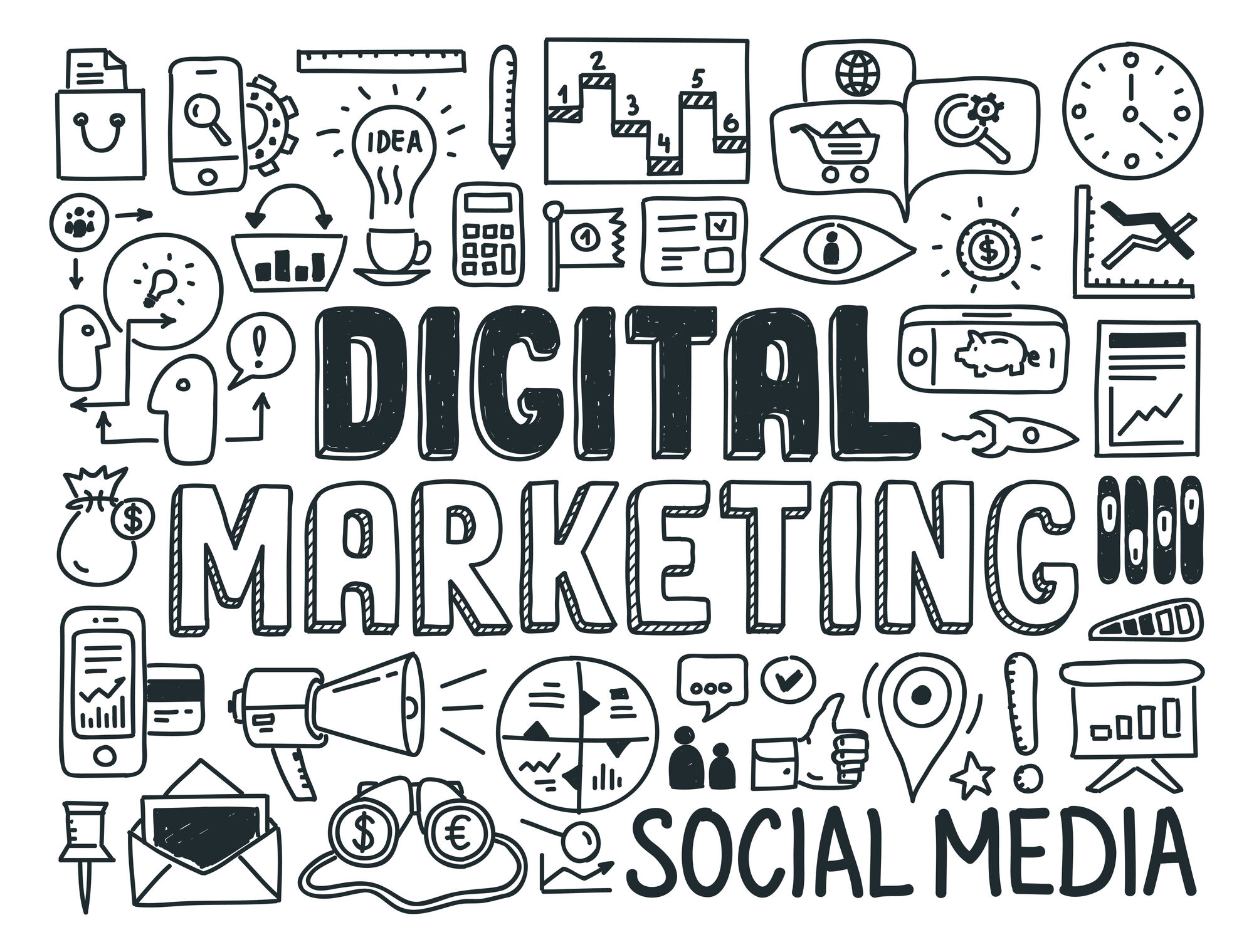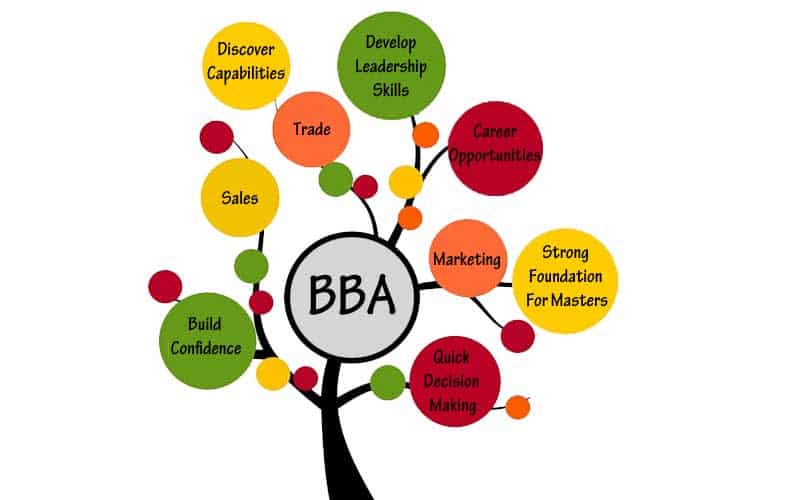 SIMT
SITASRM INSTITUTE OF MANAGEMENT & TECHNOLOGY
SIMT
SITASRM INSTITUTE OF MANAGEMENT & TECHNOLOGY
 SIMT
SITASRM INSTITUTE OF MANAGEMENT & TECHNOLOGY
SIMT
SITASRM INSTITUTE OF MANAGEMENT & TECHNOLOGY

SIMT
SITASRM INSTITUTE OF MANAGEMENT & TECHNOLOGY
Menu
Why Business Communication & Soft Skills are Key for MBA Success
Introduction
In the dynamic business world of 2025, technical knowledge alone is rarely enough to guarantee success. While an MBA equips you with crucial analytical and strategic capabilities, it's your ability to connect, persuade, and collaborate effectively that truly sets you apart. This is precisely where Business Communication & Soft Skills become indispensable. For MBA aspirants and professionals alike, mastering these interpersonal attributes is as vital as understanding financial statements or market trends.
What are Business Communication & Soft Skills?
At its core, Business Communication refers to the exchange of information within and outside a business entity. This encompasses everything from formal reports and presentations to informal emails and watercooler conversations. It's about conveying your message clearly, concisely, and persuasively to your intended audience.
Soft skills, on the other hand, are the personal attributes that enable you to interact effectively and harmoniously with others. Unlike "hard skills" (like financial modeling or coding, which are technical and measurable), soft skills are often described as "people skills" or "interpersonal skills." They are subjective, difficult to quantify, but profoundly impactful. Think of them as the lubricant that makes the gears of an organization run smoothly.
Why Are They So Crucial for MBA Graduates?
MBA programs in India, and globally, heavily emphasize Business Communication & Soft Skills for several compelling reasons:
-
Leadership Effectiveness: Great leaders are exceptional communicators. They inspire teams, articulate vision, delegate tasks, and provide constructive feedback. Strong soft skills like empathy, active listening, and conflict resolution are the bedrock of effective leadership.
-
Team Collaboration: Modern business relies heavily on teamwork and cross-functional collaboration. Your ability to work well with diverse personalities, contribute constructively to group discussions, and resolve disagreements respectfully is paramount.
-
Client and Stakeholder Management: Whether you're pitching to investors, negotiating with suppliers, or serving customers, clear and persuasive communication builds trust and strong relationships. Soft skills like negotiation, persuasion, and cultural intelligence are vital here.
-
Career Progression: Employers consistently rank communication and other soft skills as top requirements. A study by the National Soft Skills Association indicated that 85% of job success is determined by soft skills. Possessing these skills helps you stand out in job interviews, excel in your role, and climb the corporate ladder.
-
Problem Solving and Decision Making: While analytical skills help identify problems, soft skills facilitate the collaborative process of brainstorming solutions, gaining consensus, and effectively implementing decisions. Critical thinking and adaptability are key soft skills in this area.
Key Components of Business Communication & Soft Skills in an MBA Curriculum
An MBA program's focus on Business Communication & Soft Skills typically covers a wide range of topics, ensuring a holistic development:
-
Verbal Communication:
-
Public Speaking & Presentations: Mastering the art of delivering engaging and impactful presentations to various audiences.
-
Active Listening: The ability to fully concentrate on, understand, respond to, and remember what is being said.
-
Negotiation Skills: Techniques to achieve mutually beneficial outcomes in discussions.
-
Interviewing Skills: Preparing for and performing effectively in job interviews.
-
Cross-Cultural Communication: Understanding and adapting communication styles across different cultural contexts in a globalized business environment.
-
Written Communication:
-
Business Report Writing: Structuring and writing clear, concise, and data-driven reports.
-
Email Etiquette: Crafting professional and effective emails.
-
Memo & Proposal Writing: Learning to write various internal and external business documents.
-
Digital Communication: Understanding communication norms for social media, internal platforms, and other digital channels.
-
Non-Verbal Communication:
-
Body Language: Understanding posture, gestures, eye contact, and their impact on conveying messages.
-
Tone of Voice: Modulating voice for impact and clarity.
-
Core Soft Skills:
-
Emotional Intelligence (EQ): The ability to understand and manage one's own emotions, and to understand and influence the emotions of others.
-
Teamwork & Collaboration: Working effectively in groups, fostering synergy, and managing team dynamics.
-
Conflict Resolution: Strategies for mediating and resolving disagreements constructively.
-
Adaptability & Flexibility: The capacity to adjust to new conditions and embrace change.
-
Time Management & Organization: Prioritizing tasks, meeting deadlines, and optimizing productivity.
-
Networking: Building and maintaining professional relationships.
-
Professional Etiquette: Understanding and practicing appropriate behavior in various business settings.
Developing These Skills During Your MBA
MBA programs often integrate Business Communication & Soft Skills development through:
-
Case Studies: Analyzing real-world business scenarios where communication breakdown or effective soft skills played a pivotal role.
-
Group Projects: Mandatory team assignments that necessitate collaboration, conflict resolution, and shared communication.
-
Presentations: Frequent opportunities to present individually and in teams, with constructive feedback.
-
Role-Playing: Simulating various business interactions to practice negotiation, difficult conversations, or client pitches.
-
Workshops & Training Sessions: Dedicated sessions focused on specific skills like public speaking, resume writing, or interview preparation.
-
Mentorship Programs: Learning from experienced professionals who can offer insights into practical application of these skills.
In conclusion,
While an MBA equips you with the hard knowledge to navigate the complexities of finance, marketing, or operations, it's your proficiency in Business Communication & Soft Skills that truly unlocks your potential. These are the human elements that transform theoretical knowledge into tangible business impact. Investing in these skills during your MBA will not only enhance your learning experience but also significantly accelerate your career trajectory, ensuring you are not just a knowledgeable manager, but a truly influential leader.
.jpg)



















































